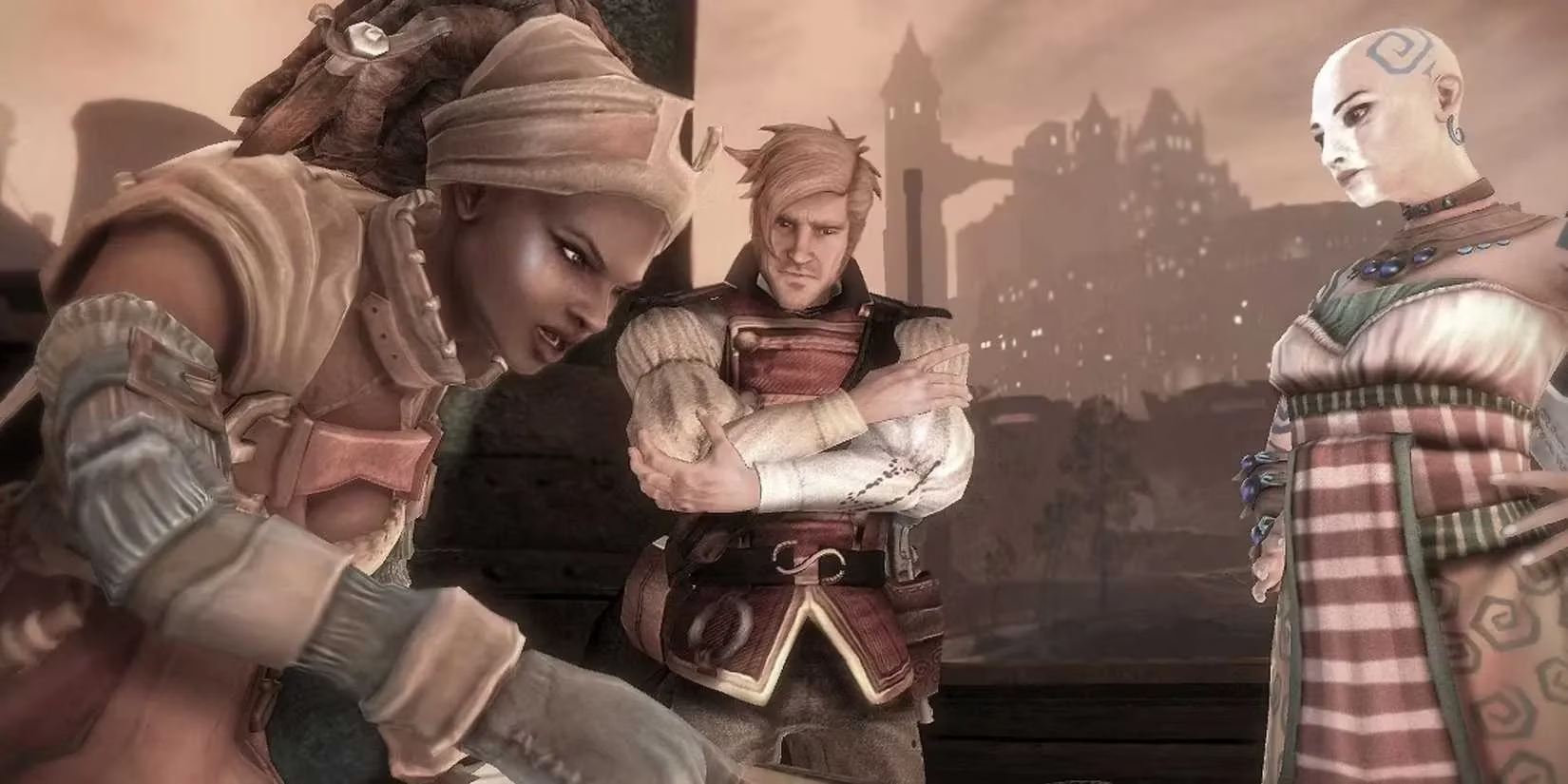As I sit in my gaming room surrounded by Fable memorabilia in 2025, I can't help but reflect on one of the most challenging periods of my career. The rushed development of Fable 3 continues to haunt me even after all these years. Looking back, those 18 months were a whirlwind of creativity, compromise, and ultimately, regret.
The King's Burden: A Vision Compromised
When we conceived Fable 3, I had this grand vision of creating something truly revolutionary. The premise was ambitious - allowing players to experience the full weight of kingship, making decisions that would shape an entire realm. It was meant to be our magnum opus, the game that would cement Fable as one of gaming's greatest RPG franchises.
But as they say, 'the road to hell is paved with good intentions.' What should have been a three-year development cycle was compressed into just 18 months. Talk about being between a rock and a hard place! Every day was a battle against time, making painful cuts to features I had passionately championed.

I remember one particularly soul-crushing meeting where we decided to simplify the customization system. The room fell silent as we all realized what this would mean for player immersion. My stomach knotted as I nodded my approval, knowing full well the backlash this would eventually receive from our devoted fanbase.
The Clock Ticking: Development Under Pressure
Our team worked ungodly hours trying to salvage what we could. I'd often find myself sleeping at the office, waking up to continue refining gameplay elements that still felt half-baked. The bizarre pacing issues that players would later criticize? Those were the result of literally running out of time to properly structure the narrative flow.
The endgame event that seemingly comes out of nowhere? That was originally meant to have a much longer build-up, with political tensions gradually escalating throughout the second act. Instead, we had to drop it like a bomb on unsuspecting players. It was the gaming equivalent of skipping foreplay and going straight to the climax - unsatisfying for everyone involved.
I should have put my foot down. I should have marched into Microsoft's offices and demanded more time. But the truth is, I was already mentally preparing to leave Lionhead. My passion was waning, and I lacked the fight I had during the development of the original Fable. It's a regret that sits heavy on my shoulders, especially when I read comments from disappointed fans.
The Legacy and What Could Have Been
The irony isn't lost on me that Fable 1 and 2 are considered cult classics while Fable 3, despite its commercial success, is widely regarded as the black sheep of the family. It's like raising three children and knowing you dropped the ball with the youngest - you love them all, but you're acutely aware of where you failed.
What stings even more is knowing what could have been. We had designs for Fable 4 in our back pocket that would have blown people's minds. There was also this fascinating concept called 'All Of Us' - a hybrid between a world builder and an RPG with battle royale elements before battle royales were even a thing! It needed a visionary to make it work, and I like to think I could have been that person if circumstances had been different.
When I left, Microsoft was planning to close Lionhead. I managed to convince them to keep the studio open a bit longer, but we all know how that story ended. It's like watching your childhood home get demolished after you've moved out - you no longer live there, but it still hurts like hell.
Looking Forward
Now, as I observe the gaming landscape of 2025, with the new Fable reboot generating excitement, I feel a complex mixture of pride and melancholy. The franchise lives on, but part of me will always wonder what might have been if we'd had those extra 18 months for Fable 3.
The industry has changed dramatically. Development cycles are longer, player expectations higher, and the consequences of rushing a game to market more severe than ever. If there's one lesson to be learned from our experience, it's that creativity cannot be rushed, no matter how much market pressure exists.
I still receive messages from fans who enjoyed Fable 3 despite its flaws. They connected with the characters, laughed at the British humor, and felt something while playing our game. That counts for something, doesn't it? As gamers say these days, "It is what it is."
So I ask you, fellow gamers and creators alike: In this age of patches, updates, and post-launch content, have we learned our lesson about rushing art, or are we still sacrificing quality at the altar of deadlines and quarterly profits?
🎮 🏰 👑
